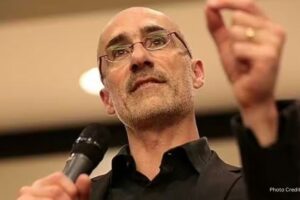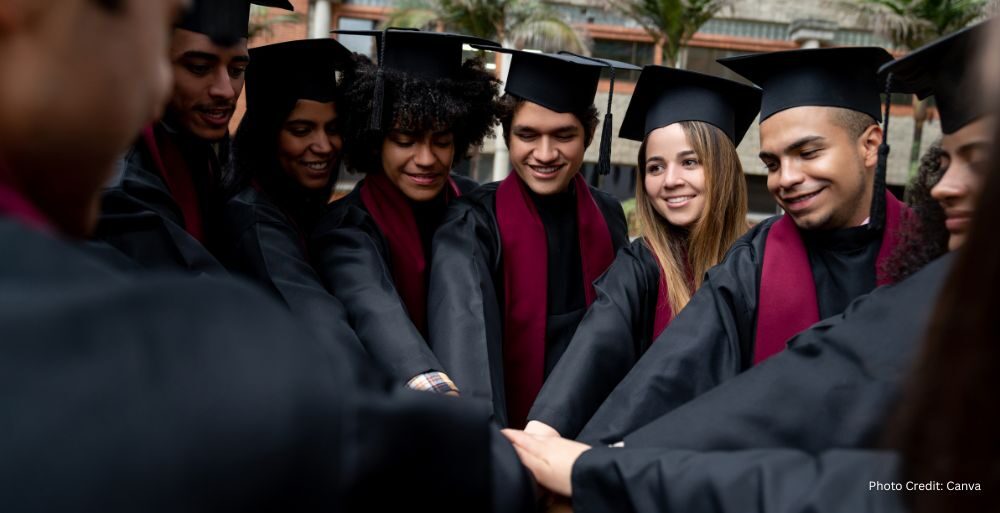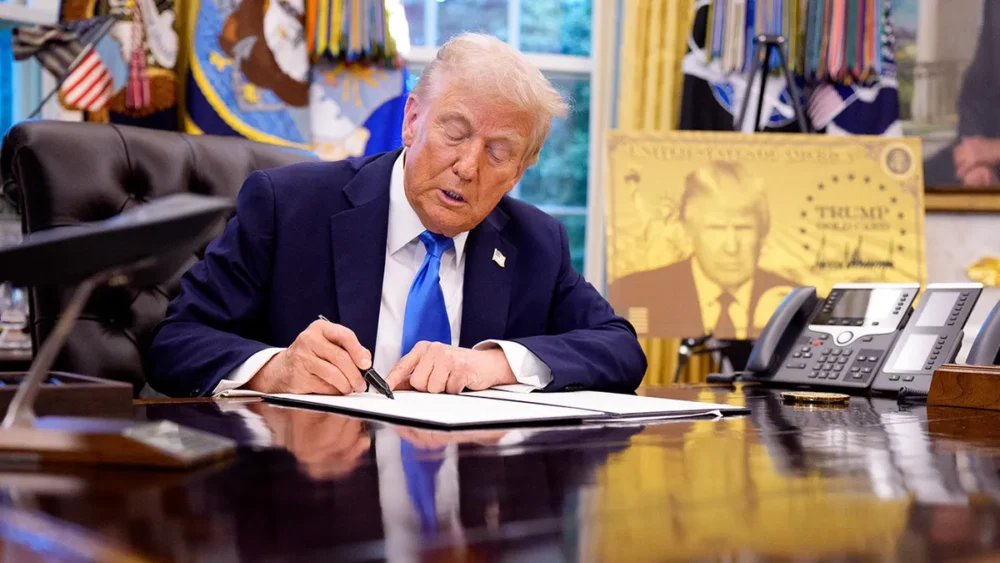The United States is facing a contradiction: it will need 5.3 million more workers with post-secondary education by 2032—yet confidence in the value of a college degree is plunging. According to a Georgetown University Center on Education and the Workforce report, the coming years will see serious gaps in sectors like education, healthcare, and management unless the country addresses both demand and disillusionment in higher education.
Between 2024 and 2032, about 18.4 million workers with higher education are expected to retire, while only 13.8 million suitably educated younger workers are projected to enter the workforce. New jobs requiring post-secondary credentials will add further pressure. Among specific shortages, the U.S. may be short of over 600,000 teachers, 362,000 nurses, and nearly 3 million management professionals. If unaddressed, these deficits could weaken key services such as schools, hospitals, and corporate leadership.
Meanwhile, public belief in the value of a college degree has eroded. A Gallup poll shows that whereas around 75% of Americans in 2010 considered a college education essential, today only about one in three people feel that way. Rising tuition costs and debt, stagnant wages, and more visible alternatives—including trade schools, apprenticeships, and online credentials—are changing the calculus for many students and families.
The implications are serious: larger classroom sizes, overworked healthcare staff, delays in infrastructure and legal services, and strained management systems. Yet many potential workers are deterred by high debt burdens and uncertainty about whether a degree will deliver the returns promised in previous decades.
Possible remedies include expanding participation in higher education, closing educational inequality gaps, valuing skills-based training and credentials, improving access via technology, and reconsidering immigration to fill skilled roles. But all these face cultural resistance and require rebuilding trust in institutions. Without a renewed belief in the promise of higher education, the U.S. risks undermining the very systems that depend on a well-educated workforce.















